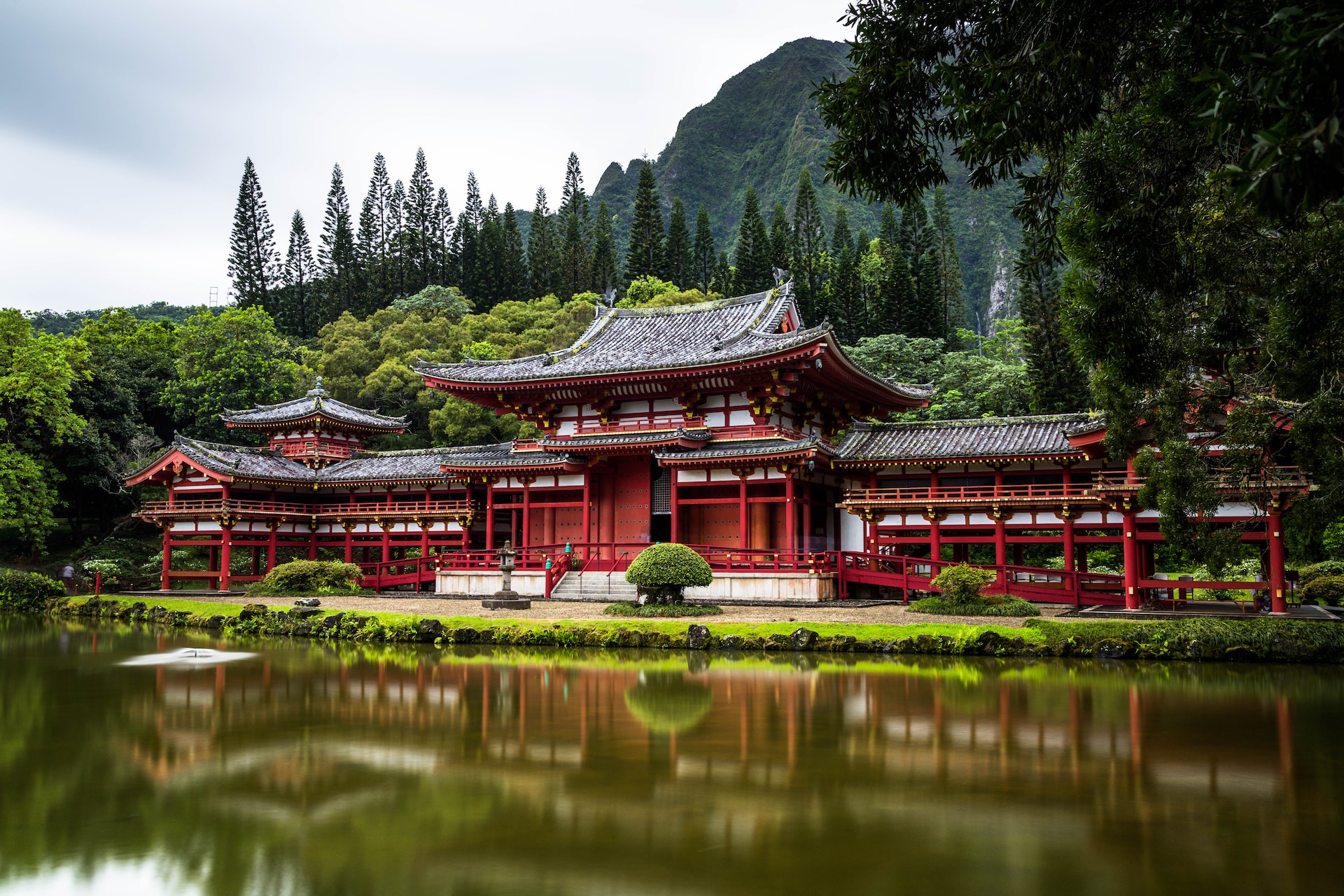
Exploring the Spiritual Essence of Shinto
Introduction:
Shinto, deeply rooted in the cultural and spiritual fabric of Japan, is a belief system that venerates the kami – the spirits or gods that inhabit the natural world. In this blog post, we embark on a journey to unravel the mysteries of Shinto and delve into the sacred ambiance of Byodoin Temple, a cultural gem that encapsulates the essence of this ancient belief.
Understanding Shinto:
Shinto, meaning "Way of the Kami," is a native religion of Japan that emphasizes the presence of kami in all things, from natural elements to human experiences. It is a celebration of life, harmony, and reverence for the divine.
Byodoin Temple: A Spiritual Oasis
Nestled in the scenic city of Uji, Byodoin Temple stands as a testament to the rich cultural heritage of Japan. Originally built in 998 during the Heian period, Byodoin is a UNESCO World Heritage Site and a quintessential representation of Buddhist and Shinto symbiosis.
Key Features of Byodoin Temple:
Phoenix Hall (Hō-ō-dō): The iconic Phoenix Hall is the centerpiece of Byodoin Temple. Its architecture is a marvel, embodying the grace and elegance of the mythical phoenix. The hall is surrounded by a reflective pond, creating a tranquil setting for contemplation.
Hoo-do's Interior Artwork: Inside the Phoenix Hall, visitors are greeted by exquisite frescoes and statues that depict scenes from Buddhist cosmology. The artistry reflects the fusion of Shinto and Buddhist influences prevalent during the Heian period.
Byodoin Museum Hoshokan: Explore the temple's museum to witness a curated collection of cultural artifacts, including national treasures and important cultural properties. Gain insights into the historical significance of Byodoin and its role in shaping Japan's cultural identity.
Shinto at Byodoin:
While Byodoin Temple is primarily associated with Buddhism, the presence of Shinto elements is evident. The serene surroundings, the integration of natural elements, and the spiritual energy resonate with Shinto principles. Visitors often partake in Shinto rituals, offering prayers and seeking blessings from the kami associated with the temple.
Conclusion:
Byodoin Temple stands as a living testament to the interwoven tapestry of Shinto and Buddhism in Japanese spirituality. As you wander through its sacred grounds, you can't help but feel the harmony between the natural and the divine—a harmonious reflection of Shinto beliefs. Visit Byodoin Temple to experience a spiritual journey that transcends time, connecting the present with the ancient roots of Japan's profound cultural heritage.

